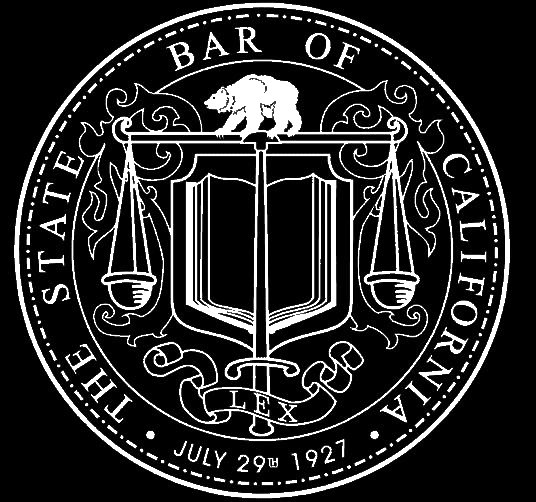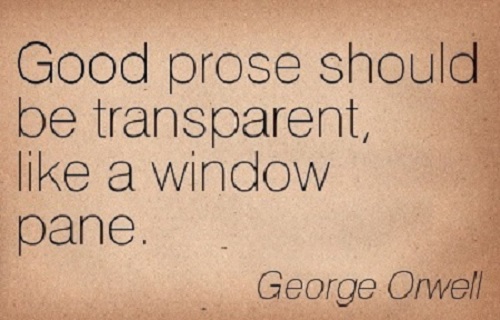
by maraiss | Apr 16, 2019 | This makes for interesting reading
JESHOOTS.COM
In the academic life of today, it is much easier to find out if you are referencing correct or even if you are writing about the correct fact or case in an academic article and/or assignment. There are more types of sources and resources that you could ever imagine. So why don’t we use it?
There are many reasons:
- Uninformed
- Stupidity
- Not enough time to search for the correct sources, but then again if you plan and use your time productively, this shouldn’t be a problem.
- Use the same sources every time because you feel comfortable with that type of source.
But on this platform you have the Legal Writing blog to show and inform you about reliable (and even free) sources and resources that can improve your legal writing and general writing skills.
General Websites
Podcasts
Grammar Girl
Twitter profiles to follow
Spell Checker Tools

by maraiss | Apr 9, 2019 | Strategic Legal Writing, This makes for interesting reading
Ksenia Makagonova
Motivation for starting an assignment
I always struggle to start writing after I’ve finished my research. It is a large amount of information and usually as a student, you feel you don’t have enough space/pages to write and include all the information necessary to answer the question. So where do we start? Or the better question: How do we start?
I am not a big supporter of newsletters, but Professor Pat Thomson’s weekly newsletters never disappoint. Professor Thomson motivates, initiate ideas, no matter if you are writing an assignment, thesis or journal article.
Take a look and let me know what you think: Patter with Prof Pat Thomson
by Chantelle | Oct 29, 2016 | Legal professionals share their views, Strategic Legal Writing, This makes for interesting reading
Introduction
In a conversation about poetry, US Supreme Court Justice Elena Kagan says that she doesn’t read it much.
Besides being purposefully opaque, she muses, it’s as though, ‘the author is trying too hard to make you not understand something. And you have to work too hard to figure it out.’ Poetry, Justice Kagan goes on to say, is a kind of fancy-schmancy elevated language, which, ‘thinks too well of itself.’ (more…)

by tbroodryk | Jul 7, 2013 | This makes for interesting reading
No one really enjoys proofreading, but in business, failing to catch those spelling and grammar errors may lose you a job or a client. Businesses will judge you by your written communications, so proofread like your job depends on it (because it probably does).
Spell Check Isn’t The Complete Answer
(more…)

by tbroodryk | Jul 3, 2013 | Featured Slider, This makes for interesting reading
Legal writing combines artistry and wisdom: weaving critical facts into the fabric of legal theory coupled with knowing the most effective way to communicate so that the finished product fits the needs of your audience. Nineteenth-century English theologian Charles Haddon Spurgeon got it right when he said: “Wisdom is the right use of knowledge. To know is not to be wise. Many men know a great deal, and are all the greater fools for it. There is no fool so great a fool as a knowing fool. But to know how to use knowledge is to have wisdom.”1
(more…)

by tbroodryk | Jul 3, 2013 | Featured Slider, This makes for interesting reading
46 University of Pittsburgh Law Review 149 (Fall 1984)
Pamela Samuelson[+]
Copyright 1984 by Pamela Samuelson
George Orwell once wrote that `[g]ood prose is like a window pane.’[1] What I take Orwell to have meant by that remark is that when people read good prose, it makes them feel as if they’ve `seen’ something (whatever the author was trying to convey) more clearly.[2] Put another way, if a writer can induce his or her reader to feel that the reader would have come to the same conclusion that the author reached had the reader done his or her own investigation of the subject matter, the writer has achieved a kind of `window pane’ effect on the reader.
(more…)




